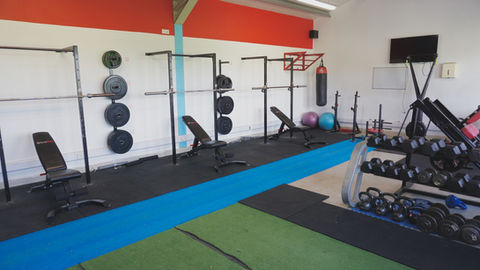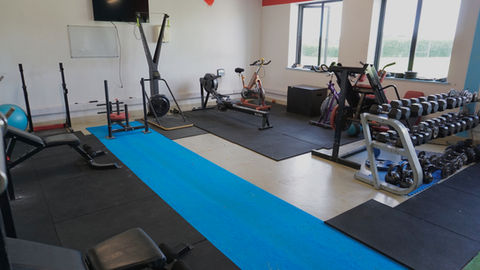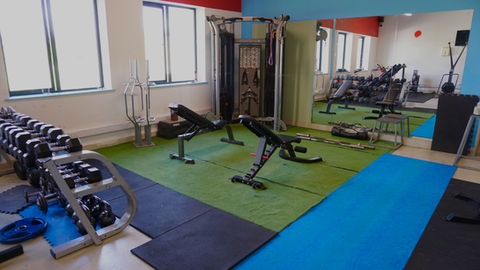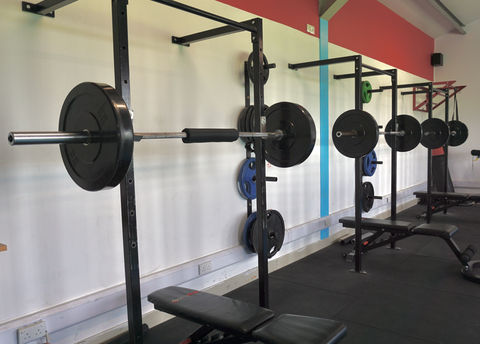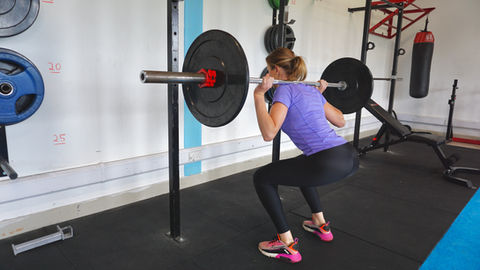
At Dooney Physiotherapy and Performance, we are proud to offer expert Chartered Physiotherapy services that are tailored to help you regain your movement, improve your health, and enhance your quality of life. Whether you are recovering from an injury, managing a chronic condition, or simply looking to improve your overall well-being, our team of highly qualified and experienced physiotherapists is here to support you every step of the way.
What is Chartered Physiotherapy?
Chartered Physiotherapy is a specialist branch of healthcare that focuses on the treatment, management, and prevention of a wide range of conditions that affect the muscles, joints, and nerves. Our Chartered Physiotherapists are fully trained and registered with professional bodies (ISCP and CORU), ensuring you receive the highest level of care. They use a combination of hands-on techniques, exercises, and lifestyle advice to help you recover, manage pain, and prevent future issues.
The Benefits of Chartered Physiotherapy
-
Pain Relief: Through targeted treatments and techniques, we help alleviate pain from injuries, strains, or conditions like arthritis.
-
Improved Mobility: Our treatments aim to restore movement and flexibility, whether you're recovering from surgery or dealing with a chronic condition.
-
Personalised Care: Every person is unique. Our physiotherapists will work with you to create a personalised treatment plan that suits your needs and goals.
-
Prevention of Future Injuries: We don't just focus on treating current issues; we work with you to strengthen muscles, improve posture, and provide advice to prevent future injuries.
-
Better Quality of Life: Ultimately, our goal is to help you live your life without the limitations caused by pain or injury.
Our 4 Pillar Approach to Physiotherapy
We believe that successful physiotherapy goes beyond just treating symptoms. Our 4 Pillar System ensures a comprehensive, holistic approach to your care. Here's how we approach each pillar:
Assessment
We start by conducting a thorough assessment of your condition, including understanding your medical history, current symptoms, and personal goals. This enables us to develop a clear treatment plan tailored to you.
1
Rehabilitation
Once the immediate pain is managed, we guide you through rehabilitation exercises aimed at rebuilding strength, mobility, and endurance. This helps restore your function and prevent further injury.
3
Treatment
Our physiotherapists use a variety of hands-on techniques such as manual therapy, dry needling, massage, and targeted exercises to relieve pain and improve function.
2
Education & Prevention
Education is key to long-term health. We empower you with knowledge on body mechanics, posture, and lifestyle changes to keep you injury-free. Our goal is to help you take control of your health for lasting results.
4
Why Choose Us?
-
Experienced Team: Our Chartered Physiotherapists are highly trained and have extensive experience in treating a wide variety of conditions.
-
Personalised Care: We work with you to design a treatment plan that fits your specific needs and lifestyle.
-
Convenient and Comfortable: We offer flexible appointment times and create a comfortable, welcoming environment for all of our patients.
-
Proven Results: Our patients consistently report improved mobility, pain relief, and a better quality of life after receiving treatment.
If you're ready to take the first step toward a healthier, pain-free life, contact us today to book your consultation. Our team is here to support you on your journey to recovery.













